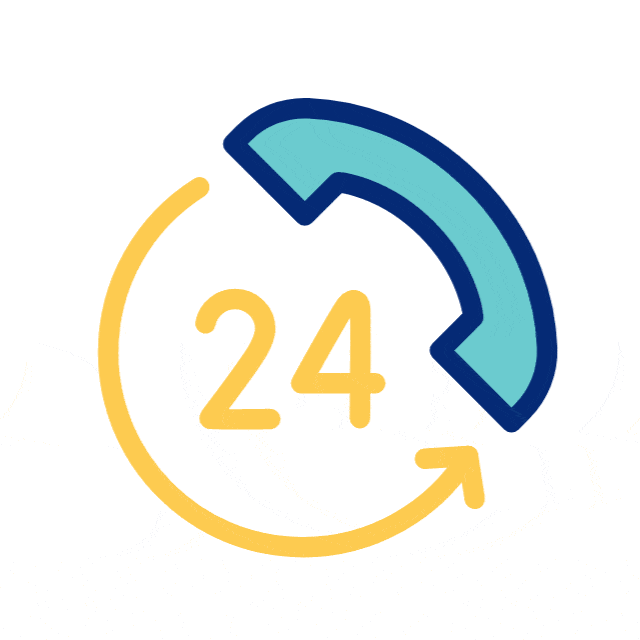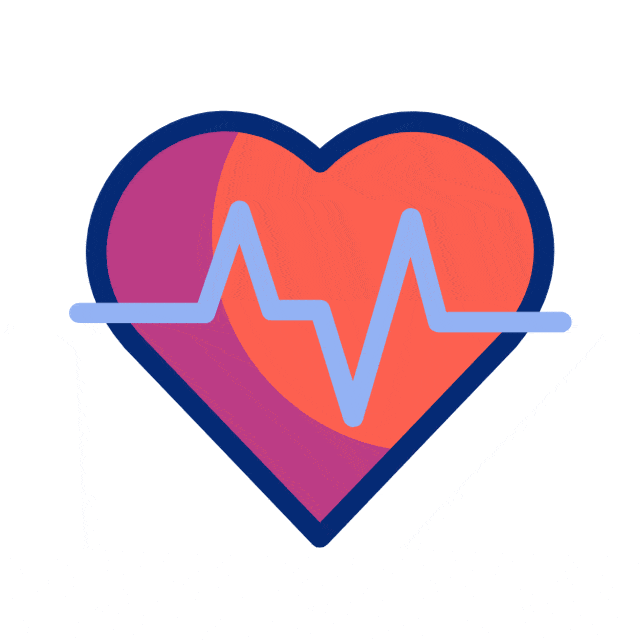Category : Healthcare
ECG and ECHO are medical tests that are non-invasive and painless in nature. These two tests serve the purpose of evaluating the present functioning of the heart. One of the unique features associated with these tests is that patients do not need any specific preparation before opting for both of these tests. Also, there are no recorded risks for patients while taking these tests for further treatment.
ECG/Electrocardiogram:
One of the most commonly prescribed medical tests recommended to patients with heart-specific or related conditions is an EKG or ECG, also known as an Electrocardiogram.
Why is an ECG needed?
The medical specialist will suggest the patient undergo ECG in one of the following cases: Arrhythmias (abnormal heart rhythm) Coronary artery disease (blocked arteries in the heart) leads to chest pain or heart attack Previous history of heart attack The functioning of certain devices, such as a pacemaker
Some of the common symptoms that indicate the requirement of an ECG include the following: Heart palpitations Rapid pulse Shortness of breath Chest pain Dizziness or confusion Weakness or fatigue Feeling low energy while exercising
How is ECG done?
An ECG, EKG, or electrocardiogram is performed with a series of steps. This test takes around 5-10 minutes. In this medical test, the technician uses 10 – 12 small sticky pads in different places located on the patient’s chest wall. The leads from the ECG machine are attached to these sticky pads. The leads play a key role in transmitting data. This data uses the heart’s electrical activity to produce a tracing that is used to find out the respective patient’s heart health. The ECG is quite impactful when the patient has already specified the heart condition related symptoms to the patient.
ECHO/Echocardiogram:
Both ECG and ECHO have their own significance in treating patients with heart ailments.
Why is ECHO needed?
The doctor suggests the patient undergo an Echocardiogram (ECHO) in the following cases:
- Presence of a strong heart murmur
- Worsening of the patient’s condition with the presence of heart murmur changes
- Presence of symptoms associated with heart valve diseases, including unusual tiredness, fever, chest pain, dizziness, fainting, irregular heartbeat, and swelling in the legs, feet, ankles, or abdomen.
How is ECHO done?
An ECHO or echocardiogram is performed with a few simple steps, which is performed under the expertise of an experienced cardiac sonographer. This complete test takes around 20 minutes. This includes a preparation time of 5 minutes and a procedure time of 15 minutes. First, the patient is asked to wear a specific gown and lie on a table that is designed to help patients with the electrocardiogram. The patient is asked to lie on their left side for this medical test. This is followed by the ultrasound gel application on the specific areas of the chest wall. Then the cardiac sonographer or technician places the ultrasound probe, and the required pictures are taken for further investigation.
Thus, the precise difference between ECG and ECHO is that ECG showcases the heart’s electrical system, whereas ECHO showcases the heart’s mechanical system for further investigation and planning of the respective patient’s treatment. If you are searching for expert guidance for your heart health, then consult one of the best cardiologists in the city to receive the best quality guidance required treatment followed by quality post-treatment care.





